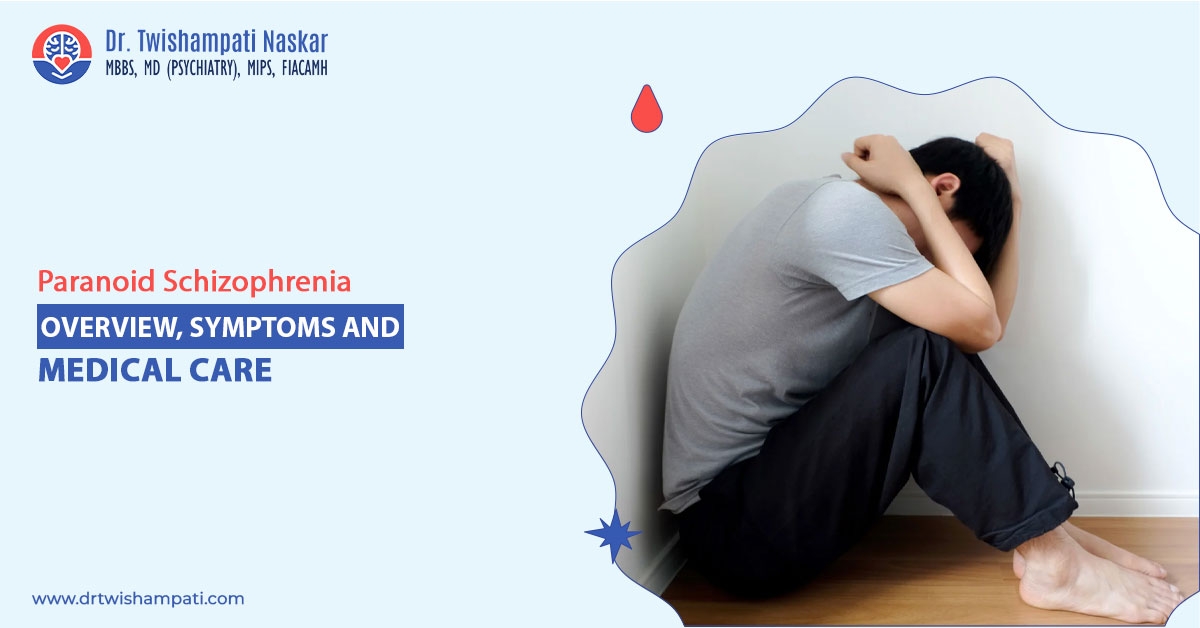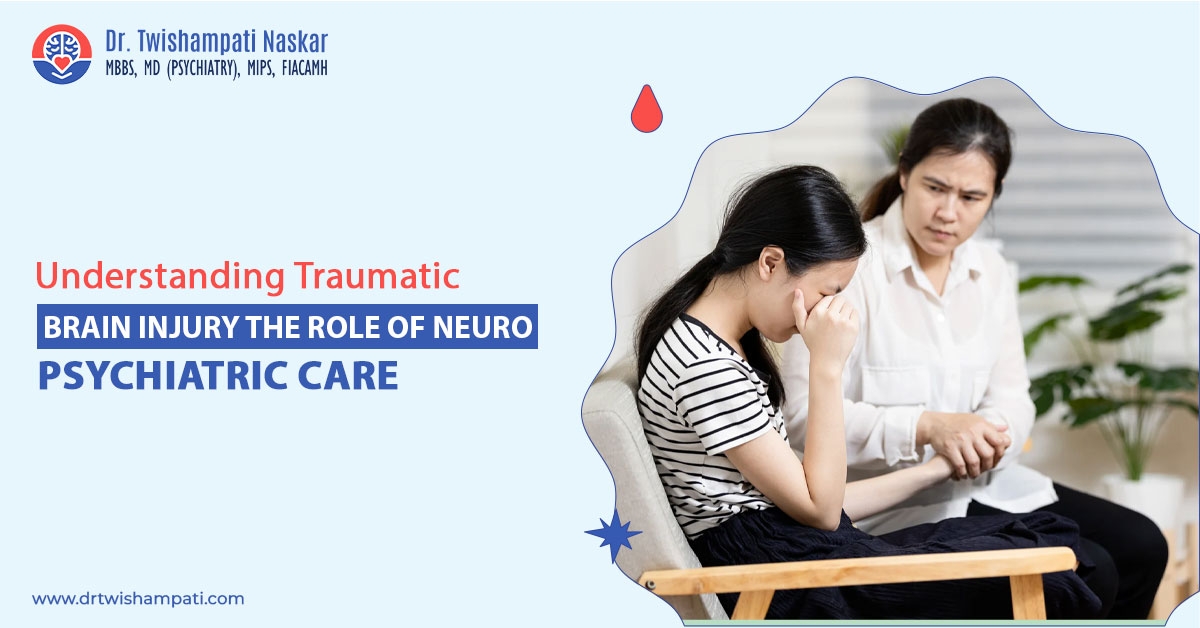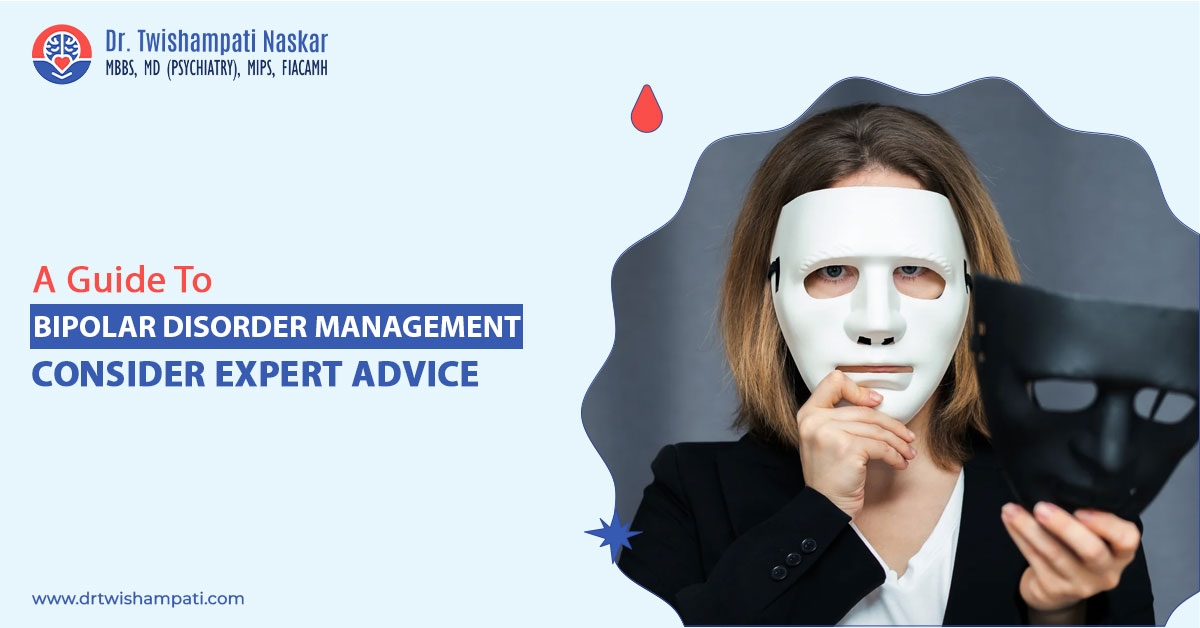Depression is a common mental health condition that has affected millions of people worldwide. While a large number of individuals seek professional guidance and medications, lifestyle modification can also play a significant role when it comes to mitigating the complications and risk of progressing depression and other underlying mental health issues. Identifying and understanding how daily habits and lifestyle patterns affect mental health and well-being can aid prevent this issue. If you or your loved ones are struggling with depression, consulting a depression doctor in Siliguri may be a key step in getting tailored guidance and treatment.
There are several unique and effective approaches to enhance your daily life to fight depression effectively. By adapting and implementing healthier habits, individuals can markedly decrease the odds of encountering these mental health problems. Here are some beneficial and effective lifestyle choices that can aid reduce the likelihood of experiencing depression.
10 Lifestyle Choices to Reduce the Risk of Depression
Regular Physical Activity:
Exercise is the most effective and advantageous tool when it comes to tackling depression. Participating in consistent exercise triggers the release of endorphins, which are a happy chemical in the brain that helps enhance the mood and reduce anxiety and stress.
- Boost Mental Health: Engaging in regular exercise can reduce signs and symptoms of depression and anxiety.
- Improves sleep:Staying active significantly contributes to better sleep, which is essential to maintain mental well-being.
Even basic activities like yoga, walking or meditation can have a profound positive impact on individuals’ mental health. Finding a workout routine that aligns with our lifestyle is crucial, and consulting with the best depression doctor in Siliguri can help you guide on the right path.
Balanced Diet:
Your daily food choices can impact both your mental and physical well-being, which is why adopting a balanced diet is crucial for overall well-being. A balanced diet packed with essential nutrients can enhance your mental health and reduce the progression of underlying mental health complications.
- Nutrients-Rich Foods: Foods that are highly rich in omega-3 fatty acids such as Salmon, Mackerel, and Sardines are crucial for brain health. Also, leafy greens like Kale, Spinach and Swiss chard which are packed with folate also aids in supporting brain function and mood regulation.
- Vitamins and Minerals:Foods that are packed with vitamin B12 and Vitamin B9 such as Meat (Beef, Pork, Lamb), Eggs, Fortified cereals, Almond, Soy and Oat is extremely beneficial for maintain healthy brain function and nerve cells.
Healthy Sleep Habits:
Healthy sleeping habits are extremely important for a healthy body and mind. Extremely poor sleeping schedules are linked to an increased risk of depression and anxiety. Sticking to a regular sleep pattern and getting enough rest can have a major positive effect on your mood and emotional well-being. Seeking proper guidance and care from the best depression doctor in Siliguri can provide expert advice on managing depression and optimizing deep patterns.
- Sleep Schedule: Strive to maintain a consistent sleep and wake schedule.
- Sleep Environment:Ensure your bedroom is dark, peaceful, clean, and silent to promote the best possible sleep.
Stress Management Techniques:
Prolonged stress is a key factor in the development of depression and finding an effective and tailored stress management approach is extremely crucial to manage stress and anxiety effectively for better mental health.
- Mindfulness and Meditation: Mindfulness practices such as Body scan meditation, Mindful breathing, observing thoughts, and gratitude practice can help enhance focus, reduce stress, and promote mental wellbeing.
- Breathing Exercise: Indulging in simple breathing exercises can also help alleviate tension, stress, and anxiety.
Strong Social Connections:
A reliable and strong support system can act as a safeguard against the emergence of depression. Positive relationships and support systems are important for mental and emotional well-being, as they offer a sense of support, connection, and understanding. For instance, spending quality time with your friends and family who give you advice and encouragement can aid reduce stress, and increase feelings of security and happiness. Also, reaching out to the best depression doctor in Siliguri, who provides a friendly and secure space to openly share both your struggles and successes, can greatly aid in reducing stress, and anxiety, and managing depression.
- Socialising Regularly: Spending quality time with your friends and family can aid in combatting feelings of distress, left out, and isolation.
- Support groups:Participating in a community of individuals who share similar values can aid build a sense of community.
Limiting Alcohol and Drug Use:
Excessive Alcohol consumption or drug abuse can elevate the risk of developing stress, anxiety, and depression. These substances affect brain chemistry and can intensify symptoms of mental health conditions.
- Drink in moderation: Cutting back on alcohol can help preserve emotional stability
- Avoid substance abuse:Staying clear of recreational drugs is key to ensuring long-term mental health.
Setting Realistic Goals:
Having a realistic and achievable goal can help offer proper direction and purpose in life, alleviating feelings of despair and discouragement commonly linked to depression. Segmenting larger tasks in manageable and smaller portions can also make progress feel more accomplishable and enhance motivation.
- Set manageable and small milestones:Aim at making progress, not achieving perfection.
- Celebrate Successes:Always appreciate your hard work and practice giving credit to your success, no matter how small it may seem.
Engaging in Hobbies:
Taking part in enjoyable activities can keep your mind engaged and stimulated and provide a way to cope with anxiety and stress.
- Artistic expressions: Writing, painting, or playing music can be extremely healing.
- Physical hobbies: Various soothing activities like hiking or gardening can enhance both mental and physical health.
Limiting Screen Time:
Spending too much time on screens, especially social media, can have a detrimental impact on both physical and mental health, intensifying feelings of loneliness and worthlessness.
- Digital detox: Cutting down on screen time can foster better cognitive clarity.
- Inspiring and positive content:Engage with positive or educational content that supports your mental health.
If you or your close ones are struggling with the effects of excessive screen time on their mental and physical health, seeking support and recommendations from the best depression doctor in Siliguri can aid navigate these challenges more efficiently and enhance overall well-being.
Practicing Gratitude:
Embracing gratitude can redirect your focus from negative to positive thoughts, promoting better mental health. It also helps you appreciate and live in the present moment and promote a more positive outlook on life.
- Daily Practice: Take a few minutes each day to reflect on things you are grateful for, this practice will help you foster positive thought.
- Put it in writing:Keeping a journal of gratitude can promote a more optimistic perspective.
CONCLUSION
To conclude, implementing small but meaningful lifestyle changes can greatly decrease the likelihood of depression. Whether it is maintaining a balanced diet, indulging in physical activity, or managing stress, each habit and approach plays a significant role in maintaining emotional and mental health. For individuals struggling with negative thoughts, anxiety, and depression, seeking support and guidance from a depression doctor in Siliguri can offer tailored advice, treatment plans, and support.
Adapting and implementing these habits can lead to enhanced mental well-being and a more fulfilling life. Always remember, that reaching out for support and guidance, whether from a specialist or by making lifestyle adjustments, is crucial for maintaining lasting emotional well-being.







